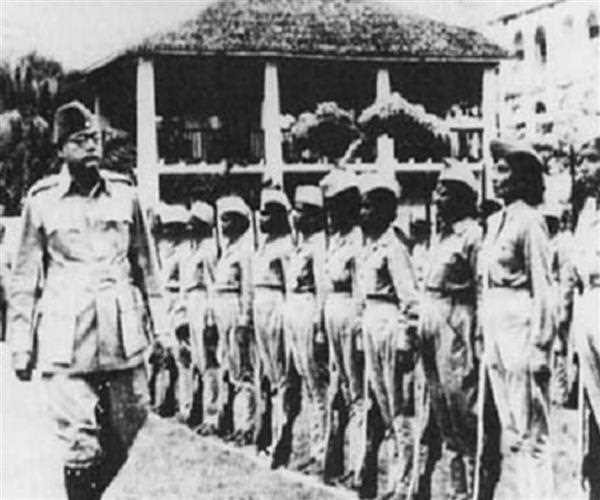The question of why the fighters of the Azad Hind Fauj did not receive the status of freedom fighters has been a matter of debate for many years. Some argue that the Fauj was not fighting for the freedom of India, but rather for the establishment of a new government under the control of the Axis powers. Others argue that the Fauj was fighting for the freedom of all Indians, regardless of their religion or ethnicity.
The Azad Hind Fauj was established in 1942 by Subhas Chandra Bose, a leader of the Indian independence movement. Bose was a close associate of Mahatma Gandhi and the Indian National Congress, but he disagreed with Gandhi's policy of non-violence. Bose believed that India could only achieve independence through armed struggle.
The Azad Hind Fauj was made up of Indian soldiers who had been captured by the British during the Second World War. These soldiers were recruited into the Fauj by Bose and given military training. The Fauj then took part in a number of military campaigns against the British in India and Burma.
The most famous of these campaigns was the Battle of Imphal, which was fought in 1944. The Fauj was successful in driving the British out of Imphal and forcing them to retreat to India. However, the Fauj was unable to maintain control of Imphal and was eventually driven out by the British.
Despite their defeat at Imphal, the Fauj continued to fight until the end of the war. They were eventually defeated by the British in 1945 and Bose was killed in an air crash.

The Azad Hind Fauj did not receive the status of freedom fighters because they were not fighting for the independence of India. They were fighting for the establishment of a new government under the control of the Axis powers.
In other words, The fighters of the Azad Hind Fauj, the Indian National Army, did not get the status of freedom fighters because the British Indian government did not want to recognize them as such. The British authorities saw the Indian National Army as a traitorous force that had sided with the Japanese during World War II. In addition, the British government was also concerned that if the Azad Hind Fauj fighters were recognized as freedom fighters, it would boost the morale of the Indian independence movement.